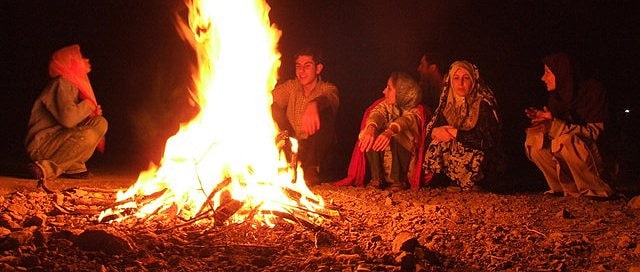I belong to the National Coalition for Dialogue and Deliberation LinkedIn group..there are many interesting things posted there but this one I found particularly relevant. I hope this link works even if you’re not in LinkedIn.
It reminds me of some of the things I’ve written about Right-Brained Forest Planning:
…
In an age of cynicism about government and business intentions, what better way to show respect for community views and values than inviting people to tell their stories?
We are routinely asked to participate in surveys which constrict us into narrowly defined answers with little room for expression. Sometimes we engage in debates where winning is the objective and respect is in short supply.
…
A story is personal, will usually evoke respect from others and can capture those things we cherish most highly or feel most passionately about.A smart policy maker can learn a great deal more about the needs and concerns of the community from this sort of engagement than from a survey.
Notice that rather than jumping to a position on the policy issue at hand the contributors told of their own experiences and fears. Often when we are talking about an issue people jump straight into a position and it is very hard to then tease out the reasons they have taken that position in the first place.
If I say ‘I oppose this policy’ and people start to then try and ascertain why, it is likely I will be defensive. If asked for my story – how I relate to the issue before I have taken a public position I will be much more likely to reveal my motivations which gives a much better chance of all sides of a debate reconciling their diverging views.
…
Stories for planning and developmentAsking the community for their stories is a highly respectful way of beginning any project that will effect people’s lives and the places in which they live those lives.
Asking for stories about what is special about a place and what people might treasure about it before presenting proposals to change it can help planners,designers and architects to preserve the important features and to pay homage to history in new development. This can make for a much happier community and a much better result.
It’s something to think about; I know we tell lots of stories on this blog; but perhaps we can be more aware of their contribution to better understanding each other and our positions.

My Master’s degree was in oral histories, examining the forest history of a 15,000-acre subbasin: http://www.nwmapsco.com/ZybachB/Oral_Histories/Soap_Creek_Valley/index.html
This is detailed and valuable land management information that cannot be obtained by any other means. There are numerous current situations in which this approach could be used at very little cost by BLM and USFS. However, there is no money in it and people tend to disregard the results (particularly when it contradicts their own beliefs). The last proposal I made in this regard was to SAF officers during the 100 year celebration about 10 years ago. Made a full presentation at their annual meeting and even produced a detailed report. $0. Too bad.